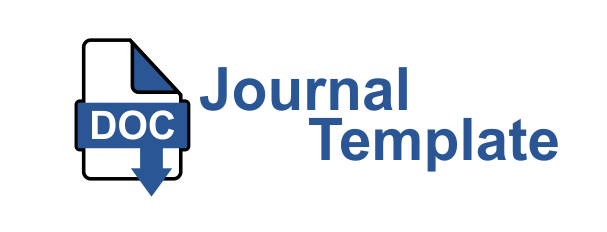“BIJAK” Education and Blood Sugar Screening to Prevent Diabetes Mellitus in the Elderly in Cimahi City
Edukasi “BIJAK” dan Skrining Gula Darah untuk Mencegah Diabetes Melitus pada Lansia di Kota Cimahi
Abstract
With increasing age, body tissues gradually lose their ability to perform their functions, so they cannot withstand foreign objects such as microorganisms and also lose their ability to repair damaged tissues. This process is known as aging. One of the degenerative diseases that is currently prone to attacking the elderly is Diabetes Mellitus. The method used to prevent diabetes can be done by BIJAK education (B: Do physical activity for at least 30 minutes every day, I: Remember to eat lots of fruits and vegetables, J: Don't smoke and drink alcohol, A: Let's test your blood sugar regularly, K: Manage stress). The purpose of this community service is to increase the elderly's understanding of diabetes mellitus, its causes, prevention, and the importance of a healthy lifestyle through education and blood sugar level checks in the elderly. The activity was carried out on November 13, 2023 with 30 elderly people at the RI veteran complex, North Cimahi. The methods used include: conducting a pretest, providing health education, checking blood sugar levels, and conducting a posttest. The results of community service showed that there was an increase in knowledge before and after BIJAK education was given, namely that most elderly people, as many as 53%, had poor knowledge and most elderly people, as many as 93.3%, had good knowledge; most elderly people's blood sugar levels, as many as 73.3%, were in the normal category.
Keywords: Diabetes Mellitus, elderly, prevention, BIJAK
Downloads
Copyright (c) 2025 Sri Wahyuni, Sri Maryati, Finda Fiji Asih, Kesya Shafa Aliya, Mira, Refly Zidni Maulidan, Listya Aisyah Viedar

This work is licensed under a Creative Commons Attribution 4.0 International License.
Authors who publish with this journal agree to the following terms:
- Authors retain copyright and grant the journal right of first publication with the work simultaneously licensed under a Creative Commons Attribution License (CC-BY) that allows others to share the work with an acknowledgment of the work's authorship and initial publication in this journal.
- Authors are able to enter into separate, additional contractual arrangements for the non-exclusive distribution of the journal's published version of the work (e.g., post it to an institutional repository or publish it in a book), with an acknowledgment of its initial publication in this journal.
- Authors are permitted and encouraged to post their work online (e.g., in institutional repositories or on their website) prior to and during the submission process, as it can lead to productive exchanges, as well as earlier and greater citation of published work (See The Effect of Open Access).











